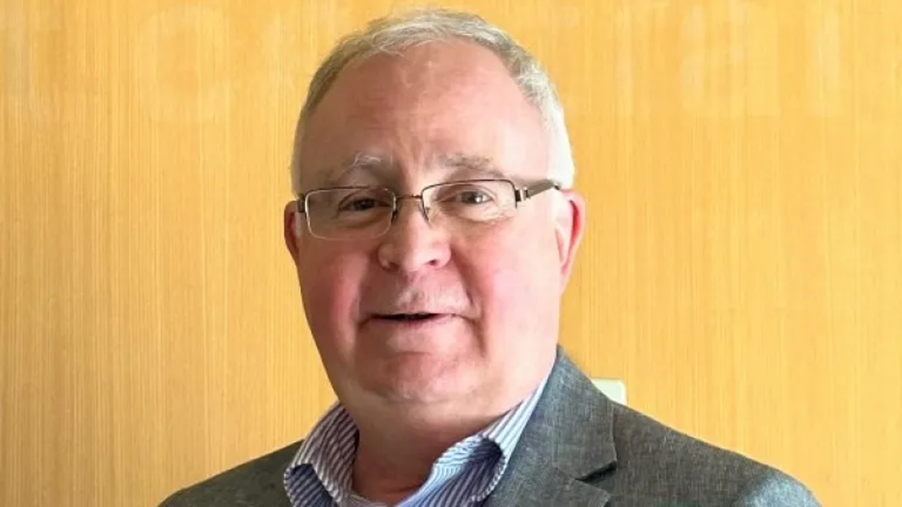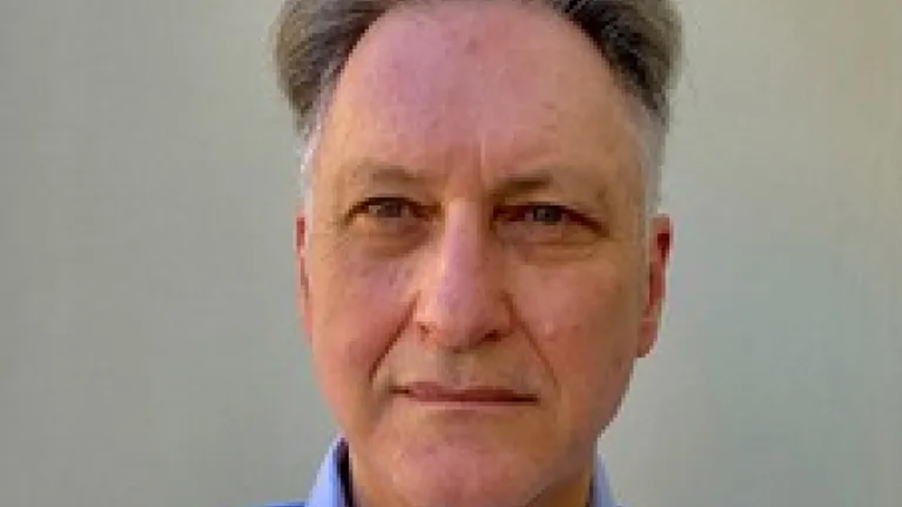
AIRLINE PASSENGER HEALTH FOR MEDICAL PROFESSIONALS
Overview
Airline Passenger Health for Medical Professionals is an online course designed for health professionals who wish to deepen their knowledge of the aviation medicine considerations of airline travel. The flight environment aboard commercial aircraft can be very challenging for patients with acute or chronic medical conditions, especially long haul. If you have ever had to advise your patients or clients about their fitness to travel and felt uncertain about the environment that they will find themselves in, then this will be a very useful course for you.
Key facts
3 weeks fully online
Live Q&A tutorials
Online $495.00 (incl GST)
Certificate of participation + Gain CPD points
Dates in 2026 TBC
Course details
-
The Airline Passenger Health for Medical Professionals Course aims to provide healthcare professionals with a structured understanding of the physiological and environmental considerations that underpin safe and comfortable transport by commercial aircraft. On completing the course participants should be able to:
Apply an understanding of the physical nature of the atmosphere to physiological changes that occur during flight.
Critically evaluate the impact of the airline cabin environment on intending passengers with medical conditions.
Evaluate the impact of environmental stressors of flight on human physiology and medical conditions.
Critically assess one's own ability to provide assistance if called upon for an in-flight medical emergency.
Discuss management strategies for long-haul flying problems such as jet lag, motion sickness, fear of flying and thromboembolism.
Knowledgeably advise patients about design features and safety systems on modern commercial aircraft that enhance crashworthiness.
-
This course is designed for healthcare professionals involved in, or preparing to engage with, aeromedical transport and retrieval operations. It is particularly relevant for:
Allied health practitioners seeking an introductory understanding of flight physiology relevant to airline travel;
Medical practitioners (general practitioners, GP registrars, physicians, non-GP specialists) seeking an introductory understanding of flight physiology relevant to airline travel;
Health administrators, policy makers, and educators involved in travel medicine or airline operations.
-
Two delivery options are available:
Online Mode (3-week format) – 6 asynchronous e-learning modules supported by fortnightly Q&A sessions with subject matter experts, and formative quizzes.
-
Online Mode (3-week format):
Course 1 – 2026 TBA
-
Online Mode (3-week format) :
$495 (incl GST)
Inclusions
Certificate of Participation.
Access to Aerospace Medicine specialists from Human Aerospace.
Administrative and teaching support.
Cancellation
Human Aerospace reserves the right to cancel or modify the course details, dates, and venues. Registrations exceeding capacity or insufficient enrolments may result in cancellation, with participants notified promptly.
Refunds
Participants may be eligible for refunds under certain conditions:
If Human Aerospace cancels the course.
If a visa application is refused (proof required).
If cancellation occurs six weeks before the start date.
No refunds for withdrawals within six weeks of the start date. Registration can be transferred to a substitute participant of to a later course.
KEY PEOPLE
Professor Gordon Cable AM, Cofounder and head of Flight Medicine at Human Aerospace.
Professor Cable is an Honorary Professor of Aerospace Medicine, School of Medicine and Psychology, Australian National University, a Fellow of the Australasian College of Aerospace Medicine, long-time educator at former head of training at RAAF Institute of Aviation Medicine, Space Medicine & Life Sciences Lead (2020–21) at the Australian Space Agency, and holds multiple international aerospace Fellowships.
Professor Tracy Smart AO, Professor, Military and Aerospace Medicine, ANU School of Medicine and Psychology
Professor Smart is Professor of Military & Aerospace Medicine at ANU, focusing on health security, military service impacts, leadership, and as a Space Medicine Mission Specialist for InSpace. A physician and retired RAAF senior officer, she served 35 years, including RAF/USAF exchanges, overseas deployments, and as ADF Surgeon General.
Dr Kate Manderson, Principal Medical Officer, Civil Aviation Safety Authority
Dr Manderson is Principal Medical Officer for Australia’s Civil Aviation Safety Authority. She specialized in aerospace medicine through the ADF (Royal Australian Navy) before joining the civil sector. She’s a Fellow of Royal Aeronautical Society, the Aerospace Medical Association, Australasian College of Aerospace Medicine, and RACGP, with broad experience in medical education, leadership, and governance, focusing on rural healthcare.
Dr Tony Hochberg, Deputy Principal Medical Officer, Civil Aviation Safety Authority
Dr Hochberg is Deputy Principal Medical Officer at CASA, with a background as an Aviation Doctor for CAA NZ/CASA and Corporate Physician, managing aeromedical retrievals, hyperbaric repatriation, and travel health. He taught aviation medicine (postgrad) and occupational medicine at Edith Cowan University, University of Otago, and Curtin University.




